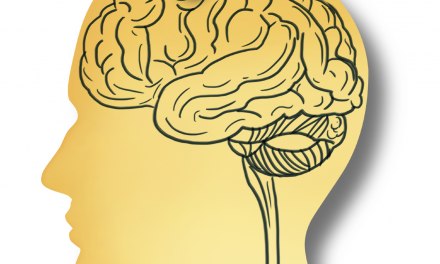I admit to being more than a little uncomfortable with the tone taken by prosecutors in the Hunter Biden trial. The linked article addresses that:
I’m 26 years sober. I see Republicans’ attacks on Hunter Biden’s sobriety as a warning.
I get that in a trial setting, prosecutors are overwhelmingly focused on simply getting a conviction. Misconceptions about addiction are acceptable to them, so long as they don’t result in getting overturned on appeal. But for someone like me, it’s hard to take. As if somehow we’ve fallen through a hole in time, back into the 1950’s, at least in terms of attitudes towards addiction and recovery. Did we learn nothing from the drug epidemics of the past 75 years?
First there was heroin, then in succession cocaine, crack, prescription painkillers, then back to heroin again, and most recently, fentanyl, and now fentanyl plus cocaine, xylazine, etc. I’m sure there is something else on the way as I write.
Per the article, some 16% of Americans “struggle with alcohol and drug addiction… [that is] about 48 million people.” So it shouldn’t come as a surprise that two-thirds of us know someone who currently has (or has had) a problem with an addiction. Yet in the claustrophobic environment of a trial, it seems it’s permissible to treat the consequences of this complex, multifactorial chronic disorder as simply the result of some poor soul’s irresponsible decision-making.
I heard echoes of a conversation I had some years ago with the mother of a young man deep in the throes of crack addiction. He hadn’t slept or eaten properly in months, was now actively paranoid and quite probably delusional. Her daughters urged Mom to seek an intervention to convince him to accept treatment. But she wasn’t sure. “I want him to decide for himself,” she insisted. “Not because we want him to.”
“I understand that,” I told her, “but it’s a hard decision to make, and whose brain is he going to use? Because his isn’t working too well.”
From the trial: “The prosecution… presented this text message exchange between Biden and his then-girlfriend Zoe Kestan: ‘I can be sober, but I’ll always be an addict.'” That’s supposed to be an acknowledgment of guilt?
Heck, in recovery terms, that would qualify as an insight. It can take a long time for someone who’s addicted to realize exactly how vulnerable they are to relapse– at any point, and for any reason. As in: “I may be clean and sober now, but that can change in an instant.” It’s that degree of painful self-knowledge that forms the foundation for long-term sobriety.
There’s a saying to the effect that for the alcoholic, one drink is too many and a thousand never enough. There’s quite a bit of painful experience behind that aphorism.
The way I read it, Hunter Biden was simply being honest — with his girlfriend, but more importantly, with himself. In a recovery meeting, an insight like that is often applauded.
This non-negotiable view of sobriety is hard for the rest of us to understand. We keep thinking people who’ve been sober for a while have been ‘cured’. I don’t know how many times I’ve heard of family and friends deliberately encouraging someone in recovery to drink again. “C’mon man, it’s been a whole year. One drink can’t hurt, can it?”
Years ago, I ran across an article on how best to respond to such “innocent” offers. “Sorry, but I never drink when I’m sober.” Or my personal favorite: “Better not. I have to be in St Louis next July.”
The author notes how partisan news commentators actively seek to shame Hunter’s parents for their adult son’s past. That’s in spite of abundant evidence that addictions can and do occur in the best of families, as well as in the worst.
And at all the stops in between, it seems.













